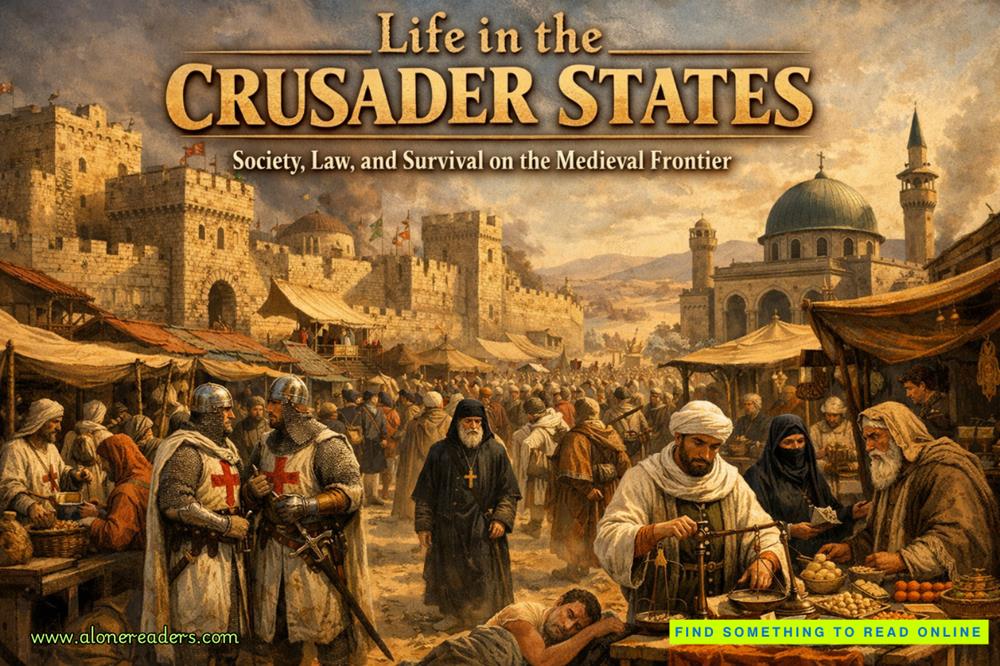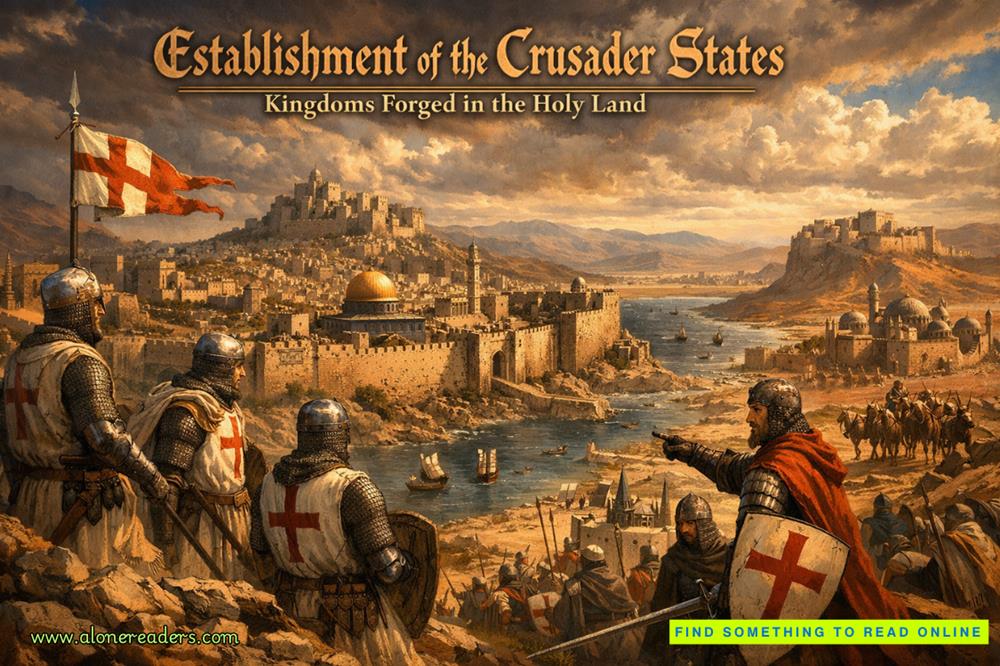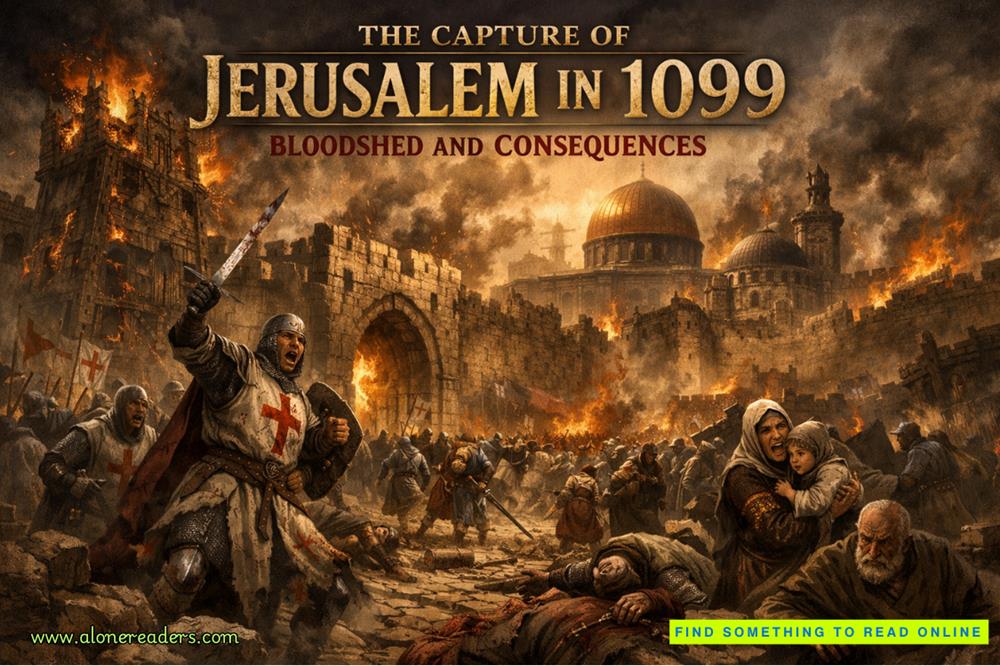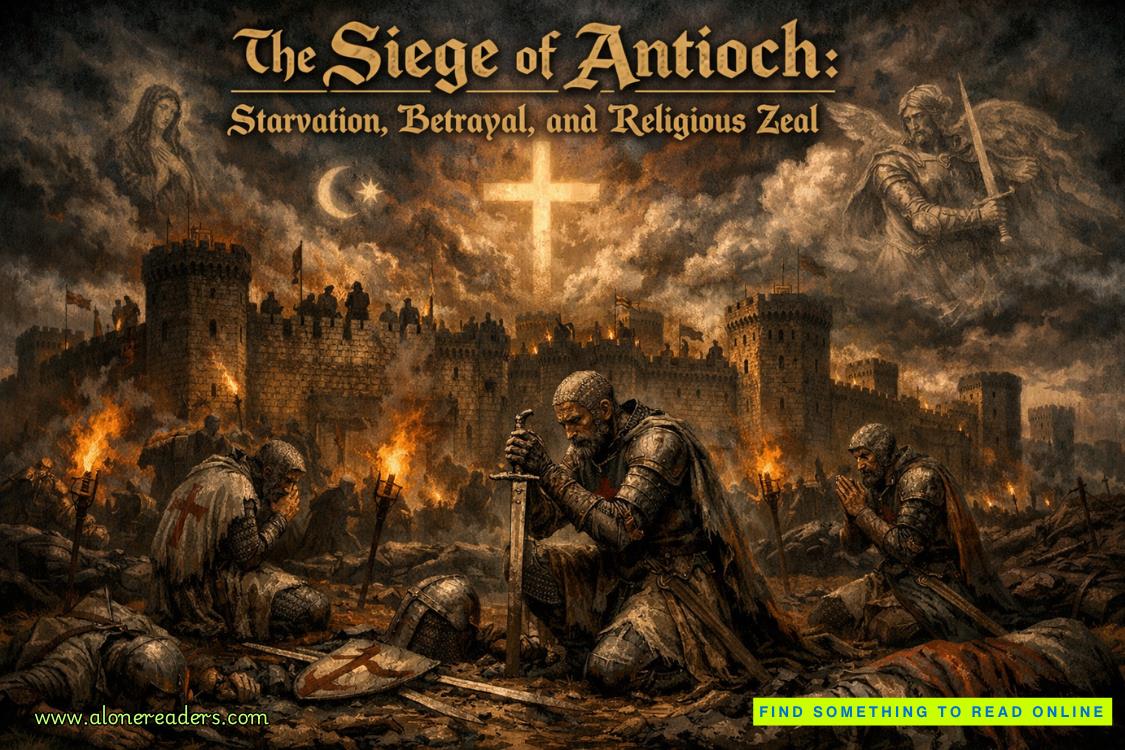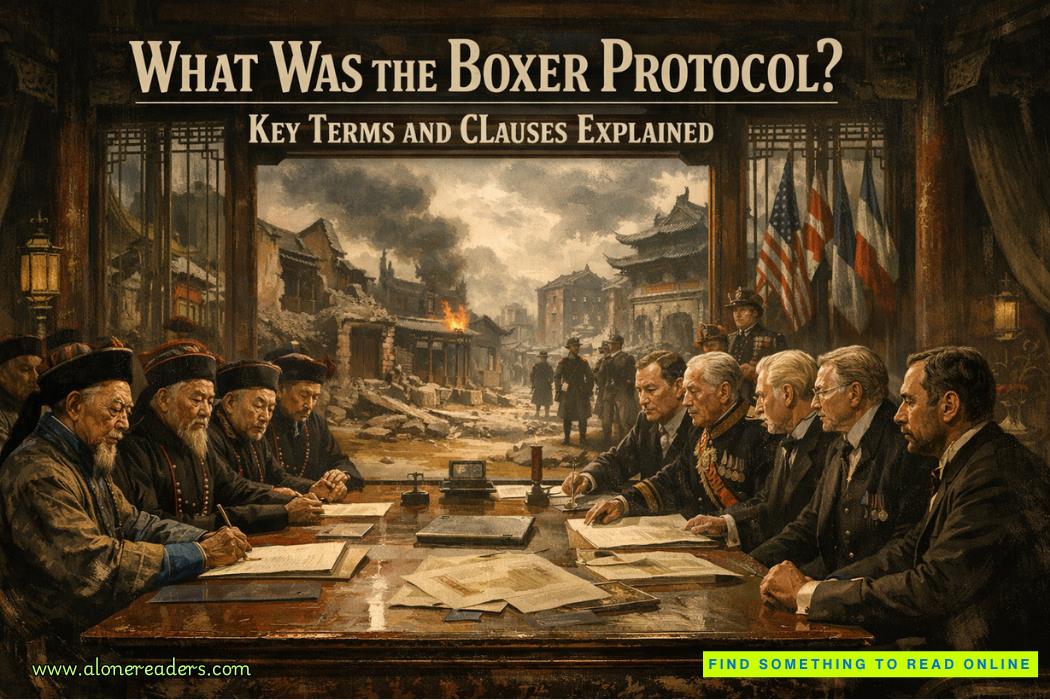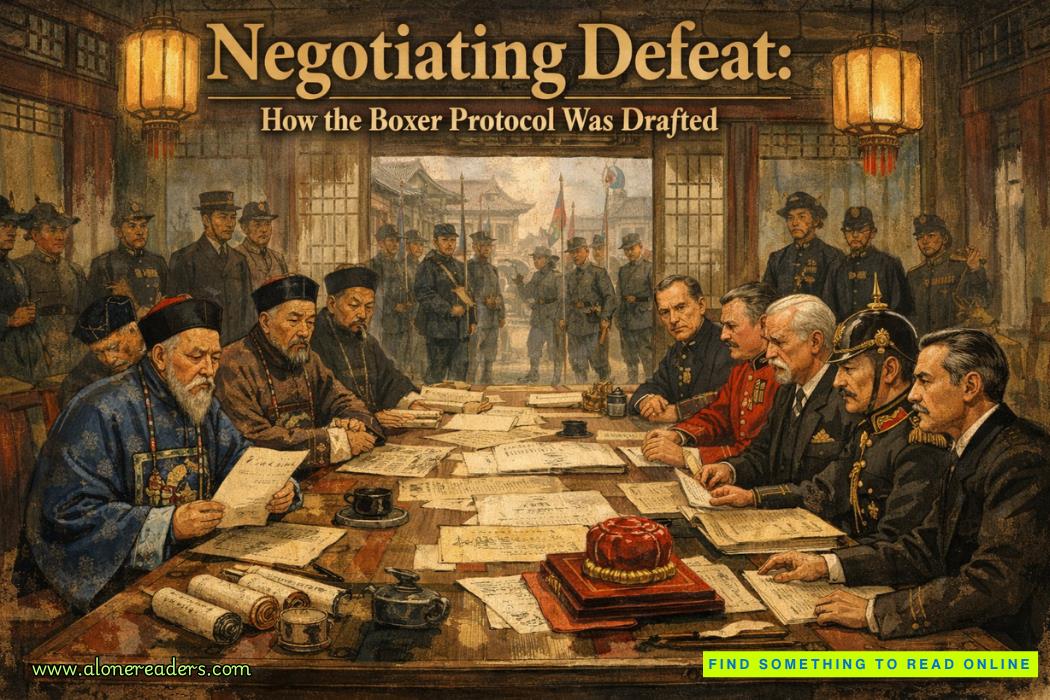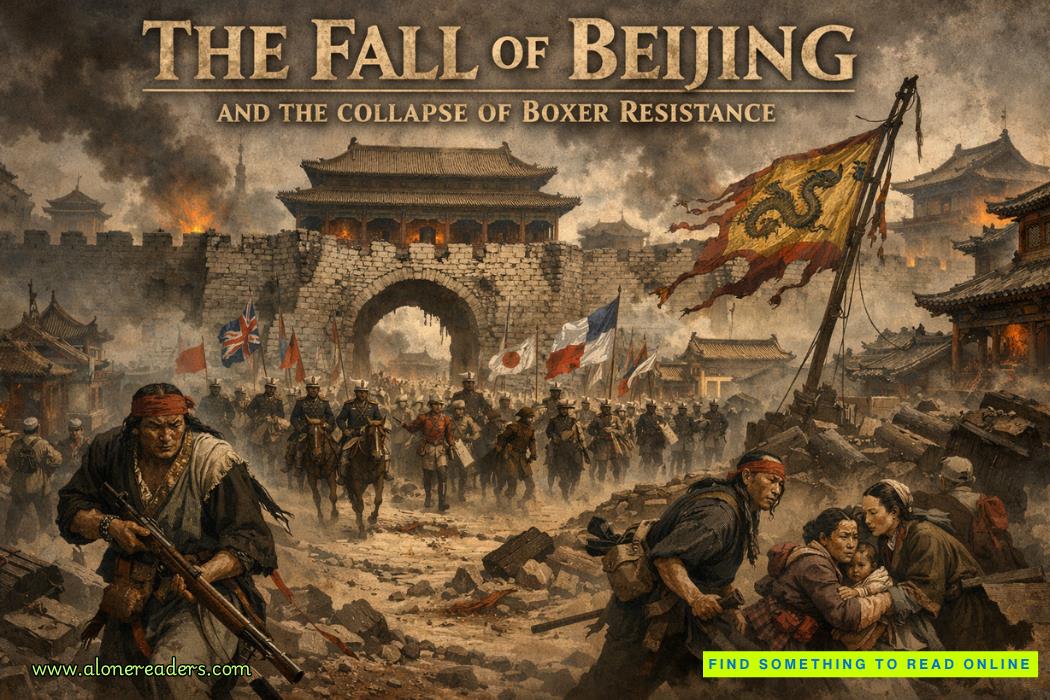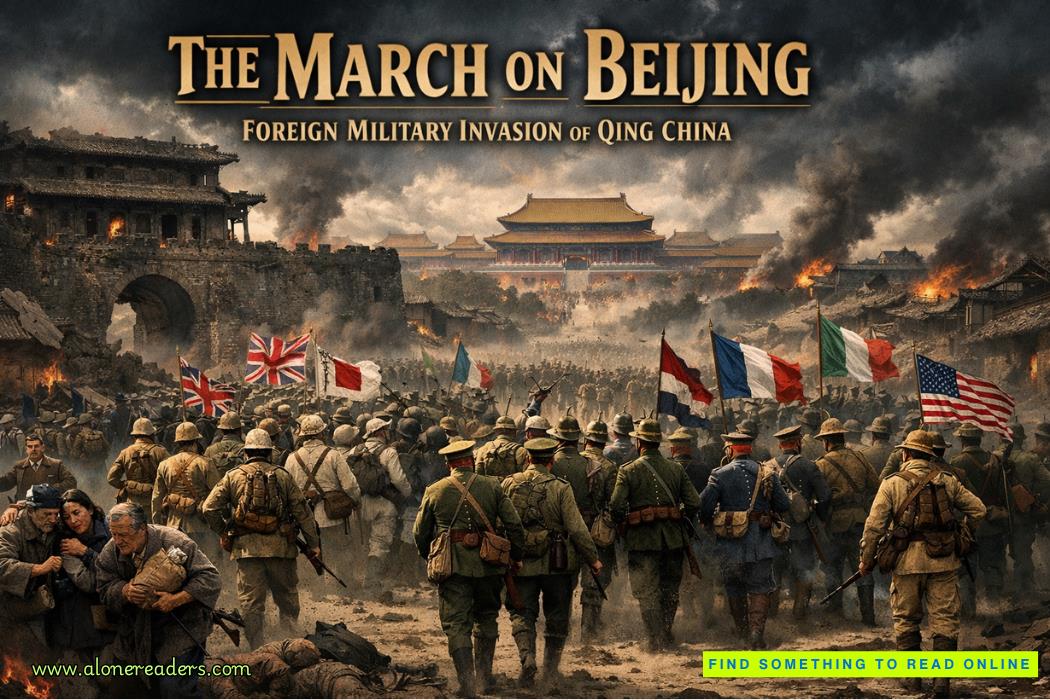Ididn’t feel the impact so much as hear it—metal and momentum slamming a door somewhere inside my body. The world turned sideways. The curb, the cones, the wet faces on the steps of City Hall all smeared into one long gray streak, and then the water took me like it had been waiting with both hands open.
Coolness punched into my ribs. The street wasn’t a street anymore. It was a shallow river that lied about its depth. I tumbled, shoulder to hip to knee, my breath ripped thin, a thousand tiny stones nicking at my palms.
Something hard kissed the back of my head. Light blinked. Sound went far away.
The rain changed its voice again—hammer to hush. Sirens reached for me through the muffle. Someone shouted my name like they owned it. I couldn’t answer. My mouth filled with a taste like pennies and marsh.
Float, I told myself.Feet up, head back. You teach this to other people. You know this body.
My body disagreed.
The current slid me around the corner, out of the square’s bright noise, down the narrow cut of a side street that always held a thin tongue of water on big tides. The city had warned me about this block a hundred times. Today, it grabbed me and pulled me close to make sure I remembered.
I tried to turn toward the bank, but the water saidnot yetand rolled me once, twice, then let me surface for a quick flashing breath. My chest locked from the cool water temperature. The sky was purple, the kind of bruise you get when you press too hard for too long. A face above me—beard, eyes white with fear—tilted and was gone. My hair slicked across my eyes like seaweed.
Then—quiet.
It wasn’t real quiet, not the kind that means safety. It was the quiet of thin air, of the world at arm’s length. The sound dulled like I’d stepped into the next room. I knew that quiet. I didn’t like it.
And then the strangest thing: the water softened under me, cradle instead of fist. My knees stopped knocking. The ache in my skull rang once, like a bell, then faded.
A bell.
No—many bells. St. Michael’s peeled from somewhere close and bright, each toll a round, golden note, and when I lifted my head to find them, I was no longer on Meeting Street. I was standing in the middle of White Point Garden under live oaks dripping with old light, a white runner unfurling like a river down the center of the lawn. The harbor beyond was hammered silver; the sky had polished itself clean for me. My dress was simple and perfect, silk that felt like a second skin, the hem brushing my ankles so I could move. Butch stood at my elbow in his best linen, his shock of sugar-white hair tamed to gentlemanly rebellion, his eyes already glassed with tears he would deny until Judgment Day.
“Now don’t you start,” I warned, grinning, because if I did, I’d drown here instead.
“Natty-girl,” he said, voice thick, and patted my hand with fingers that had taught me to be steady and now had to rest while my father did the walking.
The bells were sirens in the other room. The sirens were bells here.
And then Ethan was there, turning toward me at the far end of the runner like the city had spun him on a pivot, all that size and quiet arranged into a single, devastating focus. He wore a navy suit that didn’t make him polite. It made him inevitable. His dog tags lay flat against his sternum, the bear claw tucked respectful beneath the white of his shirt. He had shaved, the line of his jaw a blade, and his mouth had forgotten every smile he’d ever practiced for someone else and remembered only me.
When my foot slid forward, the silk whispered, and in the other room—the street—my leg caught on something submerged, tugging. Owen’s laugh was suddenly in my ear from somewhere that wasn’t here, a half-panicked shout that wanted to be brave. The tug became Butch squeezing my fingers harder.
“I can walk,” I told him, and I did, with my dad, down the runner that felt like a road I had been drawing my whole life without knowing its destination. People rose on either side—Kimmy with mascara already running, Owen with a tie he hated and eyes that softened when he saw me, half the city behind them because we had never been good at keeping our lives small. The camera boom dipped, respectful, like a bird bowing. #CharlestonLoveStory floating above us, invisible and absurd and somehow exactly right.
Halfway, a gust lifted my veil just enough to dance. In the other room, wind pushed rain into my ear and whispered in my brain stem:breathe. I couldn’t. I could. The veil settled.
At the altar—a simple arch dressed in rosemary and palmetto fronds—I stopped without stopping. Ethan stepped forward like a tide that knew its mark. We had written vows that weren’t fancy, because we both understood the difference between words you say and words you use, and we wanted the latter.
“I’m not going to promise you a calm life,” I said, and somewhere, my shoulder struck the edge of a curb under water and burned, then went numb. “I’m not going to promise to make you smaller so anyone else can be comfortable. I’m not going to apologize for wanting,” I said, and my voice in both rooms steadied on that, grew taller. “What I promise is this: I will tell the truth. I will build you shelter and ask you to come inside. I won’t leave when the storm is loud.”
He watched me without moving. Big-country, Owen had called him once. He looked like all of it now—the mountains and the line they made against the sky, the dark of a forest that made you quieter when you stepped into it, the river that didn’t care if you drew a straight map because it had its own plan. When he spoke, his voice knew something about vows that mine was just learning.
“I don’t have pretty words,” he said. “I have work. I have hands. I have the part of me that’s the shield and the part that’s the blade, and I’m putting both in your house. I’m not going to let go,” he said, and somewhere in the other room a weight settled on my forearm, iron and certain. “Not when you’re loud. Not when you’re quiet. Not when the city calls. Not when it’s just us. I’m not letting go.”
He slid a ring onto my finger, and the metal was warmer than it had a right to be. In the other room, a strap or a hand or the edge of a jacket caught my wrist. Pressure. Heat.There you are, the pressure said. I tried to answer. Water lapped my mouth.
We kissed under the oak branches while the bells shouted their joy. Butch whooped. Kimmy sobbed withoutembarrassment. Somewhere, a chef banged a pan because he’d been practicing since the last time. The world tilted. My knees almost went. Ethan’s hands bracketed my waist without trapping. He steadied me without making me small.
The scene flickered, then opened wider, and we were home.
Not the house I’d grown up in, and not the house that had seen me through all my efficient, lonely years. Ours.
Oak-shaded, white-painted, a long porch with a swing that would become a bench we’d fall asleep on when the heat pinned us. The yard ran wide and forever to the waterline, a tidal creek moving like a living thing between cordgrass and the bright backs of fiddler crabs. On the far side, pasture rolled toward a stand of pines where dragonflies stitched the air. Flapjack galloped the fence line with his neck stretched and his ears up, then dropped to an easy canter that made my heart loosen in a place I didn’t know I was clenched.
Ethan stood in the yard in a heather-gray T-shirt, bare feet in the warm grass, a baby on his shoulder who had found his hair with a fierce little fist. The child’s weight was a warm promise along my collarbone before I had even taken a step. The baby’s cheek was the softest thing in the world. It smelled like milk and bread and something that was mine.




